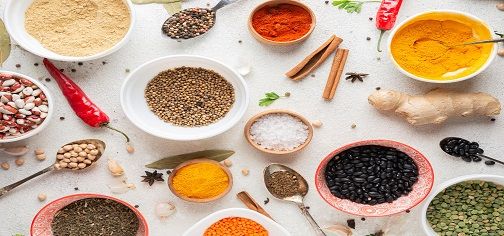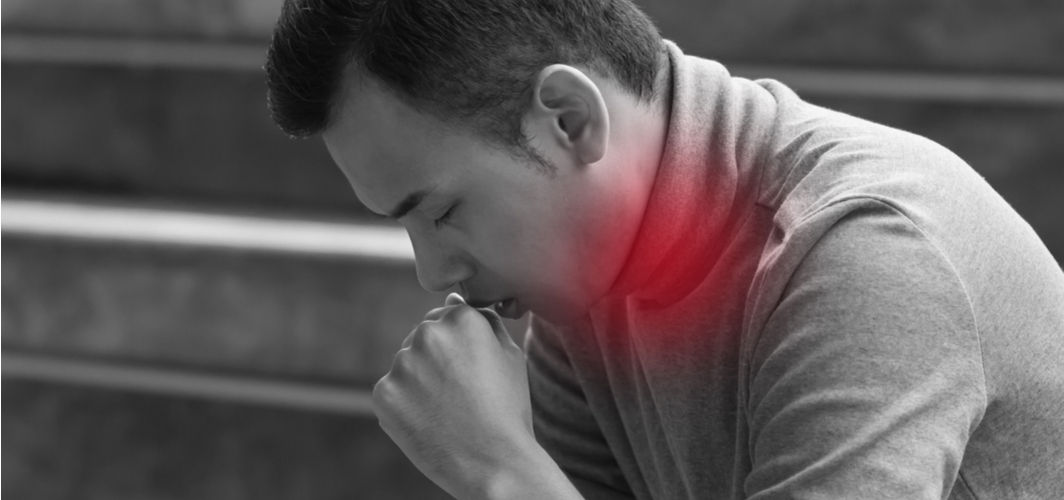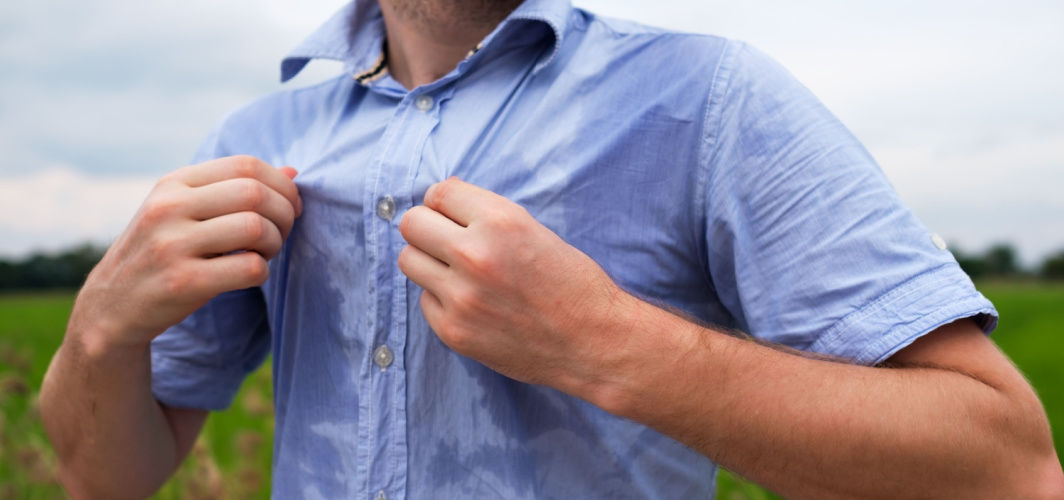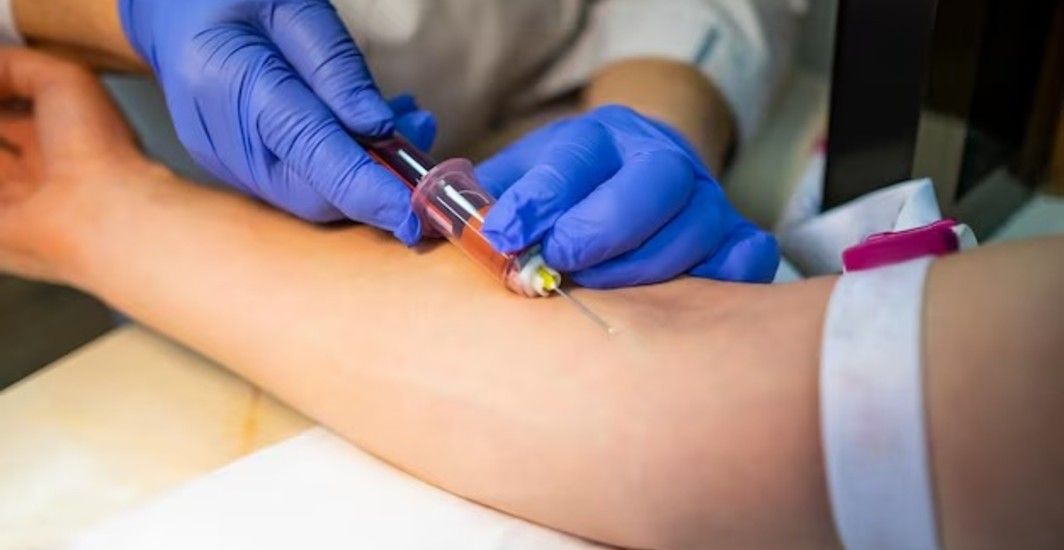General Health
Dengue Diet: What to Eat and Avoid in Dengue Fever?
7 min read
By Apollo 24|7, Published on - 31 October 2022, Updated on - 25 August 2024
Share this article
0
1 like

Recovering from any disease requires a lot of patience and energy. Our body needs time, rest and the right food to regain its lost strength. Some foodstuffs or eatables aid the process of recovery while others can make it more difficult. If you have dengue fever and are worrying about what to eat in dengue and what foods to avoid in dengue, rest your worries because here we will shed light on the foods to eat and foods to avoid during dengue fever.
Now before that, we must know that 'Dengue' is a mosquito-borne viral disease caused by the dengue virus (DENV). It is the most widespread viral infection that spreads through bites of the infected Aedes species (Aedes aegypti or Aedes albopictus) mosquitoes. Thus, it is a peaking global health challenge. Although there is no specific treatment for dengue fever, eating nutritious food might prove to be an important step in bouncing back into a healthy state. Here’s the list of dengue food to eat and avoid during dengue fever.
Foods To Avoid In Dengue
While fighting dengue fever, it's crucial to prioritise a dengue diet that aids recovery and avoids foods that may worsen symptoms. Here's a list of foods to avoid in dengue:
1. Dark-Coloured Foods
As a thumb rule, you should avoid dark-coloured foods, especially red and brown-coloured foods, and drinks. Chocolate drinks, red or violet-coloured juices and foods like chocolate, may resemble blood by imparting colour to the vomit, stool or urine. It may mislead the doctor by masking one of the important signs of disease progression, i.e. discolouration of urine, vomit, and stool. Therefore, it is better for you to avoid red or brown-coloured foods and drinks.
2. Caffeine
Contrary to the belief that caffeine provides energy to the body, it is not the apt choice to consume caffeinated drinks when you have dengue fever. Your body requires a lot of water when down with dengue and caffeine acts like a diuretic, which excretes water from your body as urine. So, energy drinks, coffee, tea, etc. which contain caffeine should be avoided as they can cause dehydration (loss of fluids) and muscle breakdown.
3. Spicy Foods
You should be leaning towards a soft, bland diet and should avoid spices during dengue fever. Spices in the food that you are consuming stimulate the stomach to produce more acid. This acid may irritate the walls of the stomach and can cause bleeding. Therefore, you should avoid spicy food to ward off the risk of stomach and intestinal bleeding.
4. Fatty Foods
Dengue fever reduces your capacity for digestion. This makes it very difficult for the stomach to digest foods that are rich in fats. So, avoiding fatty foods such as cheese, fatty-meat cuts, butter, deep-fried foods and avocado will be a wise choice to reduce the load on your tummy and spare some energy for you to regain strength.
Foods to Eat and Drink
You might be wondering what to eat in dengue. While there is no specific diet, there are certain foods and drinks that can help with recovery when you have dengue fever. Dengue fever can cause dehydration, loss of appetite, and fatigue. Here are some foods and drinks that can be included in your ‘dengue diet’ to help you feel better:
1. Foods Rich in Vitamin C
Among all the vitamins, your most important one during dengue is vitamin C. This vitamin is known to have anti-viral and anti-oxidative properties. It will also help in strengthening your immunity. As a bonus, it helps in absorbing another helpful nutrient, iron, from the intestines. So, fruits like orange, lemon, papaya, pineapple, etc. and vegetables like green leafy vegetables, should be included in your diet as one of the foods for dengue fever.
One must also know that papaya extract is a good source of digestive enzymes - papain and chymopapain. These enzymes help with digestion, reduce bloating and treat other digestive issues. Juice made from fresh papaya leaves aids in treating dengue by elevating platelet counts.
2. Foods Rich in Iron
The platelet counts tend to dip during dengue fever. Your body needs a lot of iron to keep up the blood haemoglobin levels and produce platelets. Platelets are crucial in the blood clotting process of the body and thus, are necessary to stop the loss of blood, which is very common during dengue. Therefore, eating iron-rich foods like legumes, liver, meat and green leafy vegetables might help in providing iron. This in turn will help in good recovery of platelet counts and overall faster recovery from dengue fever.
3. Foods Rich in Vitamin K
Vitamin K is another important nutrient, which might help in increasing the platelet count. It also helps in blood clotting, which is helpful against dengue fever. So, eating foods that are a natural source of vitamin K, like sprouts, broccoli and green leafy vegetables might be helpful to include in your list of foods to eat during dengue.
4. High-calorie Foods
Your body becomes weak when infected by the dengue virus. Foods like milk, rice, potato, etc. are rich in energy. You should eat these foods in dengue as they provide a lot of calories and energy to the body. These foods will help you regain your lost strength.
5. Fluids
Water is essential for the body, especially when you are recovering from dengue fever. You should ensure that you drink lots of water. You can consume other fluids as well, like coconut water and white rice kanji, as they contain electrolytes (like potassium, calcium, sodium and magnesium). Fluids will help you balance electrolytes and keep you well-hydrated.
Dengue Food to Eat and Avoid
Here’s a list of dengue food to eat and avoid to feel better faster. We'll create a basic dengue fever diet plan to help you manage your symptoms.
When it comes to a dengue diet, it's crucial to know what to eat in dengue and what foods to avoid. Here's a quick summary:
Foods for dengue fever:
- Vitamin C-rich fruits and vegetables (oranges, lemons, papaya, green leafy vegetables)
- Iron-rich foods (legumes, liver, meat)
- Vitamin K-rich foods (sprouts, broccoli, green leafy vegetables)
- High-calorie foods (milk, rice, potatoes)
- Fluids (water, coconut water, white rice kanji)
Foods to avoid in dengue:
- Dark-colored foods and drinks (chocolate, red or violet-colored juices)
- Caffeinated beverages (coffee, tea, energy drinks)
- Spicy foods
- Fatty foods (cheese, fatty meat cuts, butter, deep-fried foods, avocado)
Also Read, How To Prevent The Deadly Dengue Fever
Dengue Fever Diet Plan
Here's a sample diet plan for someone with dengue fever:
This diet focuses on hydration, immune support, and easy-to-digest foods while avoiding items that can exacerbate symptoms or hinder recovery.
Following a proper dengue fever diet plan that includes the right foods to eat and avoid can help in managing symptoms and strengthening the body and immunity to fight the dengue virus.
Managing the symptoms at hand and strengthening your body and immunity are the steps that you can take to fight dengue fever. Along with your doctor's treatment, these foods that you must eat and food to avoid during dengue fever will act as your guide to a quick recovery.
General Health
Consult Top Dieticians
View AllFrequently Asked Questions
What are the best foods to eat during dengue fever?
What are the best foods to eat during dengue fever?
Why is it important to avoid fatty foods during dengue fever?
Why is it important to avoid fatty foods during dengue fever?
Can papaya leaves help in treating dengue fever?
Can papaya leaves help in treating dengue fever?
Why are fluids important during dengue fever?
Why are fluids important during dengue fever?
Can I drink coffee or energy drinks to gain energy during dengue fever?
Can I drink coffee or energy drinks to gain energy during dengue fever?
Leave Comment
Recommended for you

General Health
Vocal Nodules and Remedies for Voice Hoarseness
Vocal nodules usually result from straining or overusing the voice, especially due to singing, shouting or talking loudly for long periods.

General Health
Sweating Way Too Much? It Could Be A Sign Of This Disease!
what is excessive sweating a sign of sudden sweating causes too much sweating symptoms sudden sweating reason

General Health
Uric Acid Test: Purpose, Procedure, Range, and Results
Uric Acid Test helps diagnose gout, kidney disease & other conditions. Learn about its normal range, procedure, purpose, and how to interpret results.
Subscribe
Sign up for our free Health Library Daily Newsletter
Get doctor-approved health tips, news, and more.
Visual Stories

Plant-based Foods That Are a Great Source of Iron
Tap to continue exploring
Recommended for you

General Health
Vocal Nodules and Remedies for Voice Hoarseness
Vocal nodules usually result from straining or overusing the voice, especially due to singing, shouting or talking loudly for long periods.

General Health
Sweating Way Too Much? It Could Be A Sign Of This Disease!
what is excessive sweating a sign of sudden sweating causes too much sweating symptoms sudden sweating reason

General Health
Uric Acid Test: Purpose, Procedure, Range, and Results
Uric Acid Test helps diagnose gout, kidney disease & other conditions. Learn about its normal range, procedure, purpose, and how to interpret results.

